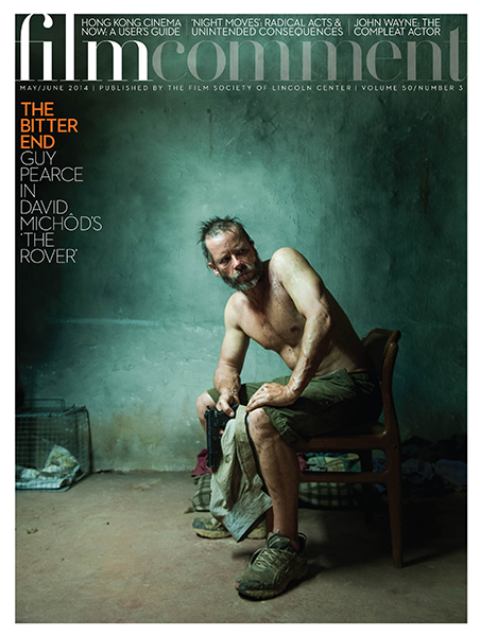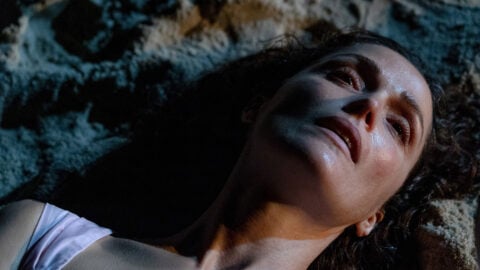
At last! Along with the 2012 Jolly Frolics box set, Shout! Factory’s long-anticipated collection of 53 Mr. Magoo titles means that the entire theatrical output of United Productions of America (UPA) is now available on DVD.
UPA shook up the animation industry and delighted audiences and critics alike with its distinctive marriage of animation and modern design. Films such as Gerald McBoing-Boing (50) and Rooty Toot Toot (51) featured a “limited” style of animation that included minimal movement and an emphasis on color and contemporary design elements. Additionally, the animators at UPA wanted to produce films as far removed from Disney naturalism or the often violent talking-animal cartoons that had been a staple of the field for decades. And they had no interest in creating vehicles for recurring characters.
But the financial well-being of an animation studio depended on instantly recognizable cartoon icons that theaters would book in volume. When a cantankerous, nearsighted old man stole the show in John Hubley’s The Ragtime Bear (49), UPA had its star. Mr. Magoo became one of the decade’s most popular cartoon characters, and the series won Academy Awards for When Magoo Flew (55) and Magoo’s Puddle Jumper (56). Accounts differ over credit for Magoo’s creation but the importance of Jim Backus as the voice of Magoo can’t be overstated. His often-improvised mutterings distinguish the character much as Jack Mercer’s did for Popeye. When Hubley wanted to move on from Magoo after 1951’s Fuddy Duddy Buddy (one of the best in the series), Pete Burness took over and became the director most associated with the series.
The knock against the Magoo series has always been that the quality of the series declined by the mid-Fifties and that the stories structured around impaired-vision gags inevitably grew stale. This release should help mitigate that generalization. Backus’s voice work alone makes nearly every title enjoyable at the very least, and the gorgeous backgrounds and use of color are more than enough to redeem the weaker films. For example, Stage Door Magoo (55) is profoundly average, but a single background—a theater’s backstage, on screen for just seconds and never used again—is such a beautiful example of “cartoon modern” that it more than makes up for a flimsy premise.
The set also includes the 1959 feature 1001 Arabian Nights, many shorts, and commentaries by historians John Canemaker, Jerry Beck, and Adam Abraham, as well as John Hubley’s daughter Emily, a notable animator in her own right.








